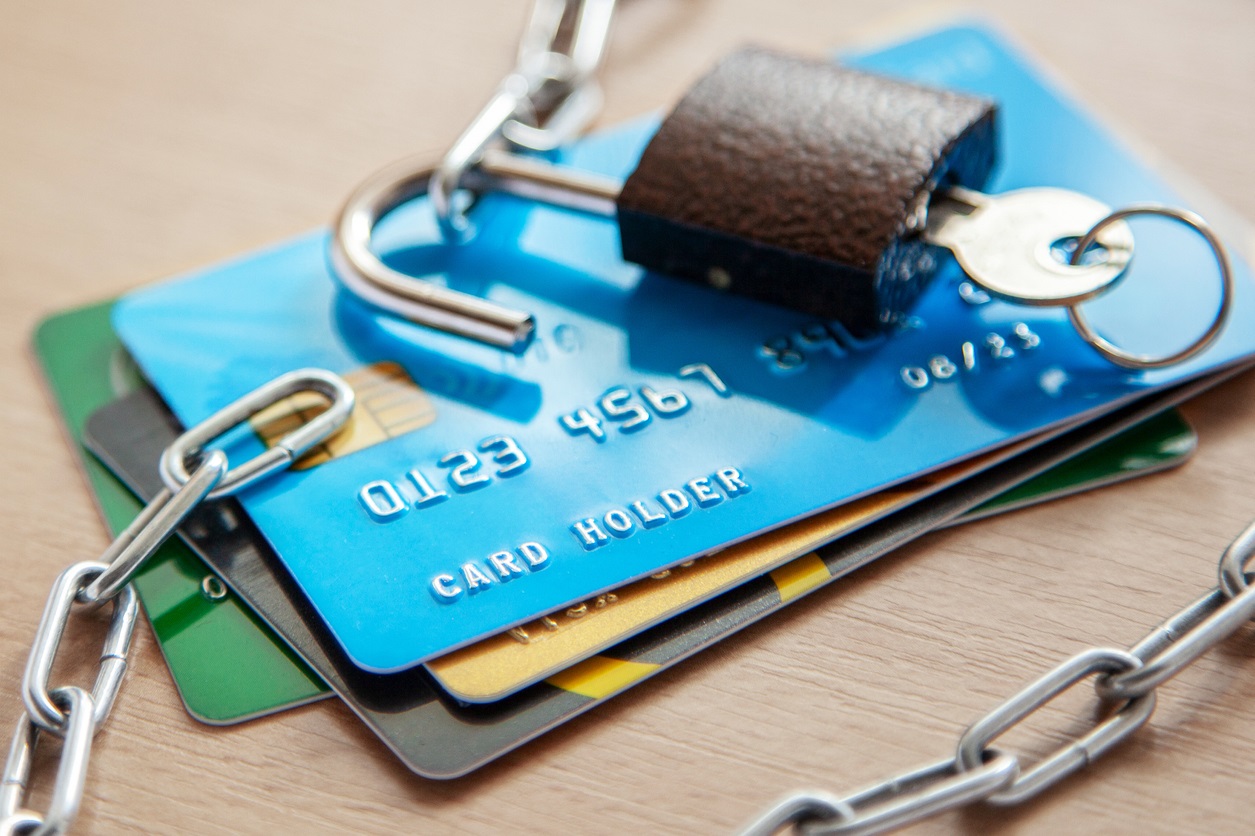Protect Your Child’s Future Credit


With our lives continuing to move further online, never before has so much of our personal information been so widely available. We hope that you’ve taken proper preventative measures to protect your personal information in this reality, and wonder if you’ve taken the same precautions for your loved ones – more specifically, for your children?
According to a study sponsored by Identity Guard, more than 1 million children were victims of identity theft or fraud in 2017, resulting in a total of $2.8 billion in losses. Children make easy targets for identity thieves because they usually have “clean” credit records. Also, due to their age, children allow thieves years of access to credit without suspicion of the victimized individual.
Fortunately, there are preventative methods that parents and guardians may take to help protect their families and loved ones. A common protection method you can utilize is a credit freeze, which became even more preferable after the Consumer Protection Act passed in September 2018 which made it free to freeze and unfreeze your credit score. For children under the age of 16, parents and guardians are permitted to freeze a child’s credit on behalf of the child, and the security freeze will remain in place until the child decides otherwise. For children over the age of 16, the minor must request the security freeze themselves.
Throughout the rest of this piece, we will share more details about what a credit freeze is, how to implement one, and other preventative measures to protect your identity.
What is a credit freeze?
-
- A credit freeze prevents creditors and lenders from being able to pull your credit report or credit score unless you provide them with a PIN to unlock your credit.
- The purpose of a credit freeze is to prevent others from being able to open new credit accounts in your name.
- A credit freeze does nothing to negatively affect your credit score.
- It is important to understand that a credit freeze does not protect you from financial loss if your identity was stolen prior to the freeze.
Reasons to freeze your child’s credit
-
- Can help serve as a line of protection from identity thieves.
- Adds an additional layer of protection to accounts in the child’s name.
- While your children are minors, they have no reason to possess a credit score. By freezing their credit, you help ensure their identity stays protected.
- Allows creditors you already do business with to access your credit report. For instance, if you wanted to increase your credit limit, you would not need to “thaw” your credit freeze.
- Again, no negative impact on the individual’s credit score.
How to freeze your child’s credit
Luckily, freezing your credit score or the credit score of a loved one can be completed in four simple steps.
- Contact the credit bureaus.
- You must contact each of the three credit bureaus individually requesting a credit freeze. Below we have included the contact information for each:
- Equifax
- Call (800) 685-1111
- Or, you can access Equifax’s online platform
- Experian
- Call (888) 397-3742
- Or, you can access Experian’s online platform
- TransUnion
- Call (888) 909-8872
- Or, you can access TransUnion’s online platform
- Equifax
- You must contact each of the three credit bureaus individually requesting a credit freeze. Below we have included the contact information for each:
- Information required.
- Full name, address, date of birth, and Social Security Number of the individual whose credit you desire to freeze.
- Keep track of your PIN.
- Each of the three credit bureaus will provide you with your own unique PIN to manage your credit freeze. It is important to keep track of your PINs because it is the information needed to unfreeze your credit score.
- If you forget your PIN, you’ll need to contact the credit bureau to verify your identity, and reset your account access with a new PIN.
- Each of the three credit bureaus will provide you with your own unique PIN to manage your credit freeze. It is important to keep track of your PINs because it is the information needed to unfreeze your credit score.
- Unfreezing your credit
- When you need to unfreeze your credit, contact the credit bureaus and provide them with your PIN. If you contact the bureaus requesting them to unfreeze the accounts via phone or web, the credit reporting bureau is required to unfreeze your credit within one hour.
Other ways to help protect one’s identity
- Fraud Alerts
- Requires a lender to verify your identity before extending a line of credit. Lasting for 1 year, it requires creditors to confirm your identity, typically through a phone call, before they can open a line of credit in your name.
- Fraud alerts are easy to put in place. All you have to do is contact one credit bureau, which will notify the other two!
- However, fraud alerts do require greater maintenance than a credit freeze. As you will have to renew the fraud alert annually.
- Credit Monitoring
- Tracks changes in borrower behavior to notify you when potential fraudulent activity has occurred on your account.
- Yeske Buie recommends: IdentityForce
- They offer identity monitoring, credit monitoring, and computer security resources.
- Yeske Buie can even provide you with a special discount code!
- For other additional information on cybersecurity tips, check out our recorded webinar featuring cybersecurity expert Carrie Kerskie which can be found through this link.
Lastly, it is important to understand that if you fear that your identity has been stolen, a credit freeze is not your best course of action. It simply serves as a preventative method. You put your helmet on before riding a bike, rather than putting on the helmet after you have already crashed, right?!
If you have any questions about the above information or elsewise, please don’t hesitate to contact your team at Yeske Buie.
SOURCES:
- Cautero, Rachel Morgan. Should You Freeze Your Child’s Credit? October 16, 2019. Retrieved from The Balance.
- Weisman, Steve. How to Freeze Your Credit. Retrieved from Norton LifeLock.
